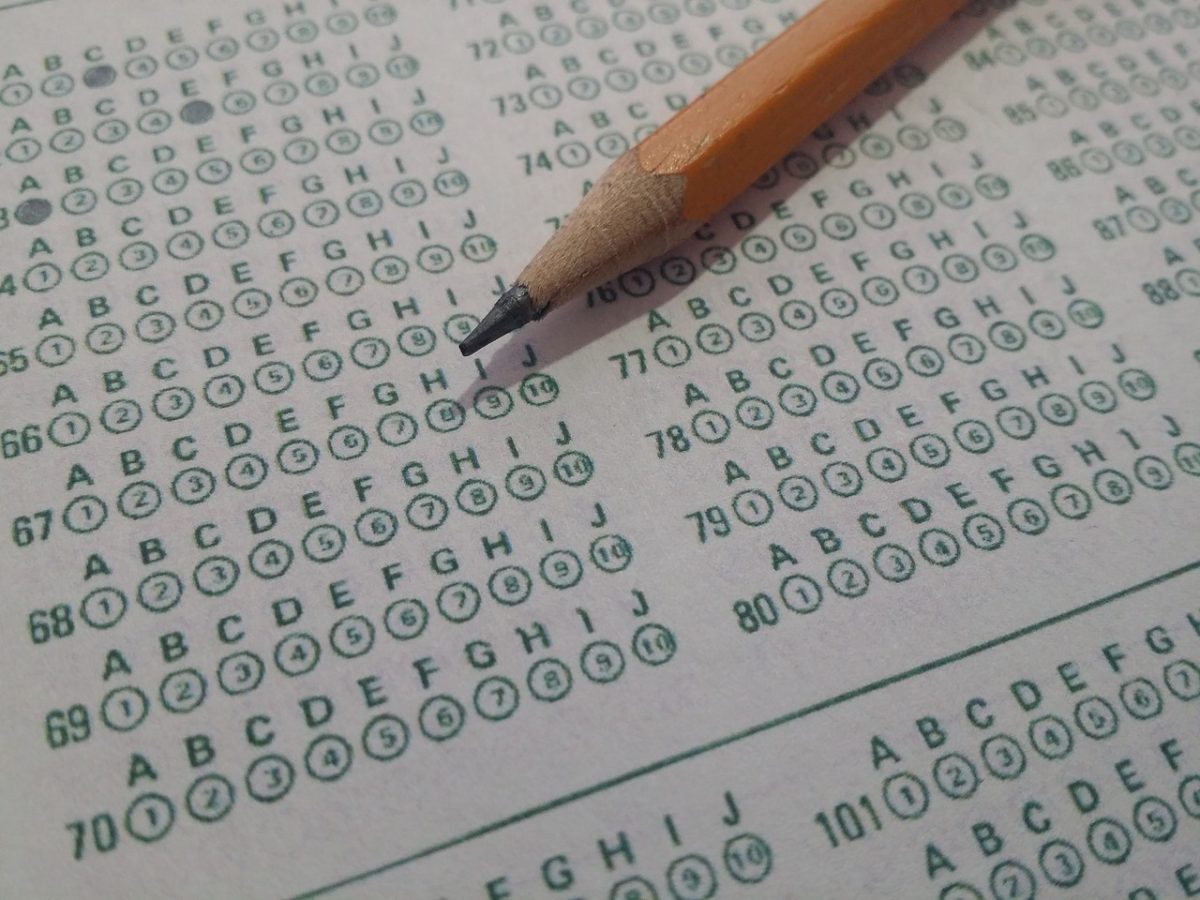All colleges should drop their standardized testing requirements and go test-optional. Standardized tests have a distinctly negative effect on high schoolers’ mental health, demotivating them and causing unnecessary stress.
First of all, many students spend weeks, even months, preparing for their SATs or ACTs. A lot of emphasis is placed on a single exam, causing students to feel as though it could make or break their entire future. A 2021 study conducted by the University of Kansas revealed that in the days leading up to a high-stakes exam, students report elevated anxiety levels and a lack of high-quality sleep. Additionally, participants reported thinking more about the consequences of their scores rather than the material they were meant to be studying. Many high schoolers are already juggling school, work, extracurricular activities, personal relationships, and their physical and mental health, so the last thing they need is yet another high-stakes test to worry about.
Additionally, some students do poorly on their SATs or ACTs despite otherwise excelling academically, which can lead them to underestimate their own abilities. A study conducted by the Harvard Graduate School of Education discovered that in recent years, even as the average GPA for high schoolers is increasing, their SAT scores are declining. Even if a student is otherwise perfectly qualified to be accepted into a particular school, a bad test score may deter them from applying. This is because a poor score can severely impact a student’s confidence, and may demotivate them from taking on future academic risks and challenges.
Despite all of this, some still argue that because grading systems vary from school to school— which can make it difficult to compare students from different backgrounds— a standardized test like the SAT is necessary because it puts all students on a level playing field. Some schools grade work more harshly while some are more lenient, so two students at the same academic level who are in different school systems may have vast differences in performance. They claim that making all high school students take the same exam will give everyone an equal opportunity.
On the surface, this makes perfect sense. However, this argument fails to consider other vital factors. For example, a student’s economic background can have a major impact on their scores. Students from wealthier families are more likely to be able to afford tutors and study materials, while students from lower economic backgrounds are less likely to have access to these resources and often score lower as a result. This gives students from high-income families an undeniable advantage.
In short, standardized testing is often discouraging and stressful for high schoolers, and it fails to provide a level playing field for students of different backgrounds. More colleges need to rethink their testing requirements and implement more well-rounded assessment systems that truly prioritize equity and the well-being of their students.
























































